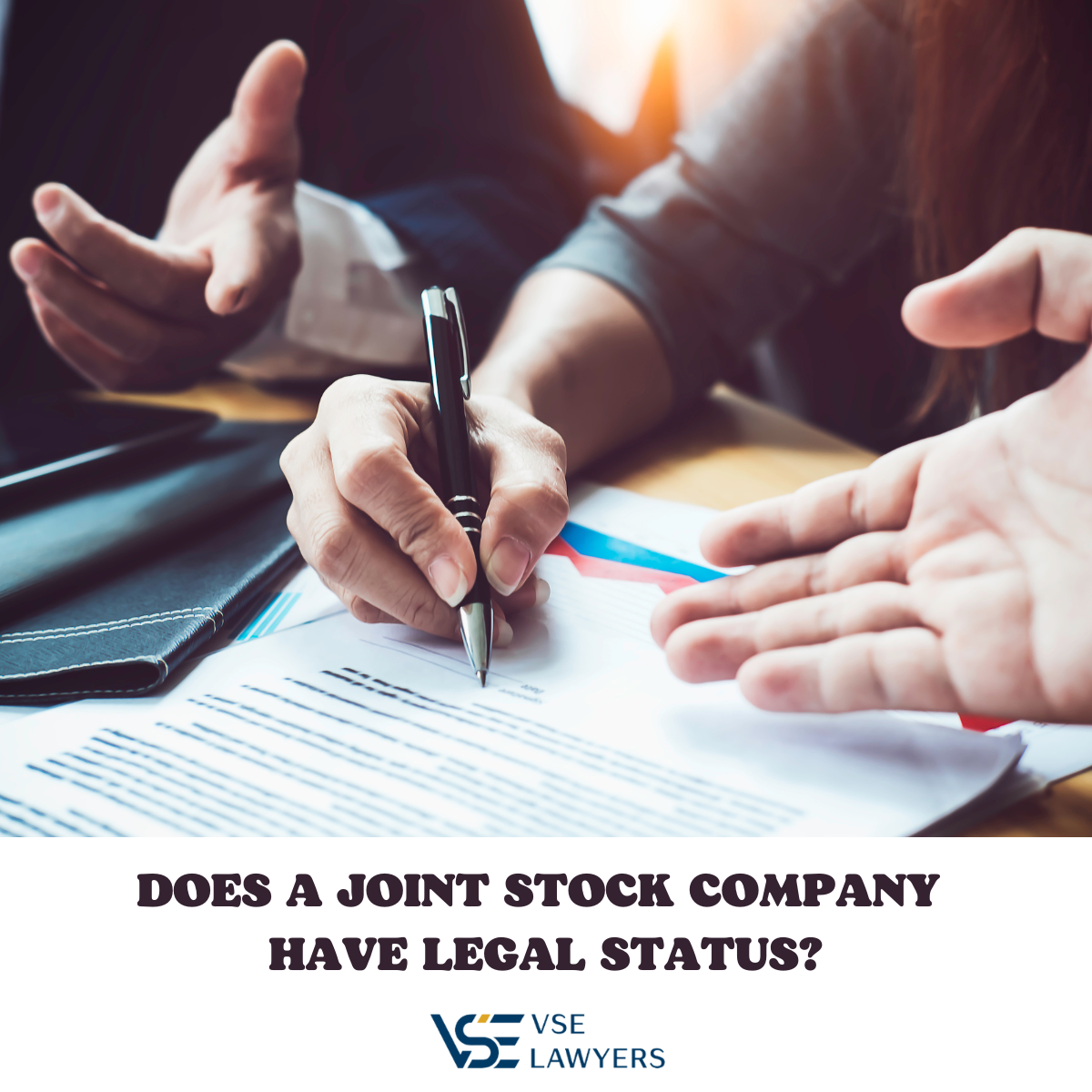When participating in business activities, organizations need to be especially familiar with legal status in order to use the rights or legal notes surrounding it. So how is the legal status of a joint-stock company regulated by law?
I. What is legal status?
Pursuant to Article 75 of the 2015 Civil Code, an organization is recognized as having legal status when it fully meets the following conditions:
(i) Established under the provisions of this Code or other relevant laws;
(ii) Having an organizational structure as prescribed in Article 83 of this Code;
(iii) Having assets independent of other individuals or legal entities and being self-liable with their own assets;
(iv) Engage in legal relations independently on their behalf.
Thus, legal status is the legal status recognized by the State for an organization (group of people) capable of existing, operating independently and being accountable to the law. However, legal status is not only the legal status of an organization or enterprise, but legal status is also related to the responsible regime of the enterprise. The responsible regime of enterprises with legal status and enterprises without legal status as prescribed by law is very different.
II. Legal status of a joint-stock company
Pursuant to the Enterprise Law 2020, a joint-stock company is an enterprise with legal status from the date of issuance of the Certificate of Business Registration. Specifically, according to the provisions of Article 111 of the Enterprise Law 2020:
(i) Charter capital is divided into equal parts called shares;
(ii) Shareholders may be organizations or individuals; the minimum number of shareholders is 03 and there is no limit to the maximum number;
(iii) Shareholders are only liable for debts and other property obligations of the enterprise to the extent of the amount of capital contributed to the enterprise;
(iv) Shareholders have the right to freely transfer their shares to others, except for the cases specified in Clause 3, Article 120 and Clause 1, Article 127 of the Enterprise Law 2020.
Through the above analysis, it can be confirmed that a joint-stock company is an enterprise with legal status. Assets of joint-stock companies will also own assets independent of other individuals and organizations. The shareholders of the company will only be liable for debts or other property obligations of the enterprise with the contributed capital they have contributed to that business and completely separate from the assets of that individual shareholder. In addition, this type of company will also participate in legal relations on its own behalf through a representative.
Subscribe To Legal Advice from VSE Lawyers
If you would like to have any legal questions, please contact us for our advice





